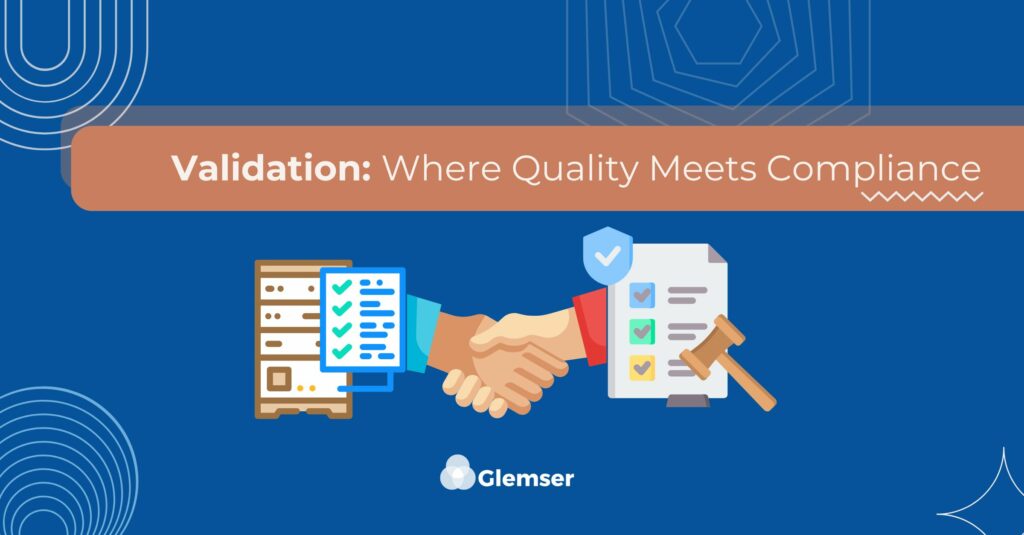
Validation is the process of ensuring that data, processes, and systems produce accurate and reliable results. It involves verifying that they meet the specified requirements and comply with regulatory standards and industry best practices.
Validation is crucial for regulated companies, especially those operating in industries such as pharmaceuticals, medical devices, biotechnology, food and beverage, and others. validation is needed for regulated companies to comply with regulatory requirements, ensure product quality and safety, manage risks, maintain data integrity, drive continuous improvement, and inspire customer confidence. Failure to validate critical processes and systems can result in regulatory sanctions, product recalls, reputational damage, and financial losses.
EHSQ Validation
EHSQ stands for Environmental, Health, Safety, and Quality. EHSQ validation refers to the process of verifying and confirming that the software, systems, or processes designed to manage environmental, health, safety, and quality aspects within an organization meet certain predefined criteria or standards. Validation in this context typically involves testing and assessing whether the EHSQ system functions as intended, complies with regulatory requirements, and effectively addresses the organization’s needs and objectives.
Why Validation is Required
- Regulatory Compliance: Many industries have regulatory requirements mandating validation to ensure compliance with standards and regulations, such as FDA regulations in healthcare and ISO standards in manufacturing.
- Accuracy Assurance: Validation ensures that data, processes, and systems produce accurate results, reducing the risk of errors or inconsistencies.
- Risk Mitigation: Validation helps identify and mitigate risks associated with inaccurate data, inefficient processes, or unreliable systems.
- Quality Assurance: Validation ensures that data, processes, and systems meet quality standards, enhancing the overall quality of products and services.
When Validation is Required:
Story 1: A Day in the Life of a New System or Process
One day, the validation protocol was called into action. A new system was set to be implemented, and the company needed to ensure that it would function flawlessly. The team followed the protocol meticulously, documenting every step of the validation process. For the company, it meant the difference between success and failure. As the documentation was filed away, surrounded by rows of other crucial records, the validation protocol stood ready to be called upon again when needed.
New Systems or Processes: When implementing new systems, processes, or procedures.
System Upgrades or Changes: Before and after making significant changes or upgrades to existing systems or processes.
Regulatory Compliance: To ensure compliance with regulatory requirements and industry standards.
Story 2: Validation Victory: Safeguarding Compliance
One day, as the team was conducting routine validations, they received word of an impending audit from the regulatory agency. The news sent a wave of urgency through the company. The validation team knew they had to act swiftly and decisively. Using their meticulously crafted validation protocols as their guide, they conducted thorough validations of every critical system and process.
From manufacturing equipment to quality control procedures, they ensured that every aspect of the company’s operations met regulatory requirements. When the audit began, the validation team confidently presented their documentation. The company not only passed the inspection but also strengthened its reputation as a leader in the pharmaceutical industry.
Periodic Review: Regular validation is necessary to ensure that data, processes, and systems remain accurate, consistent, and reliable over time.
Glemser’s Approach to Validation
At Glemser, we craft customized solutions precisely tailored to meet each client’s unique requirements, ensuring both compliance and heightened operational efficiency. We’ve implemented rigorous validation processes to guarantee adherence to the strict standards of 21 CFR and GAMP 5.
Our validation approach encompasses a range of activities aimed at ensuring your products and services consistently meet predefined quality standards and regulatory requirements. Crucially, validation isn’t a one-time event; it’s an ongoing process involving continuous monitoring and improvement. With Glemser, you can trust that we’ll always be there to support you.
Looking to improve your validation processes and ensure compliance? Contact Glemser today to get started.


